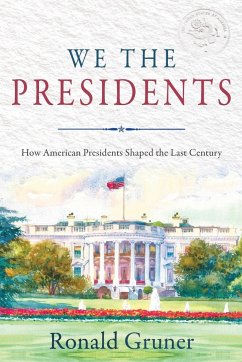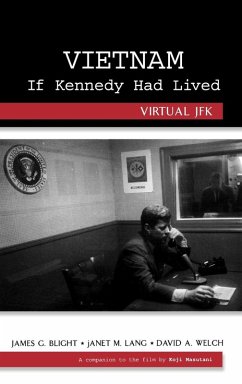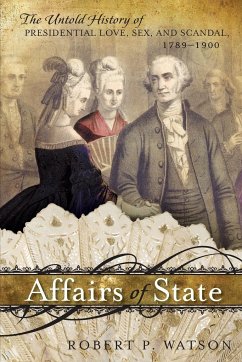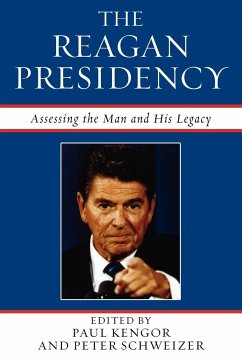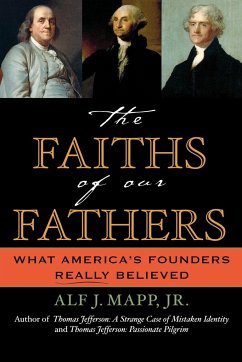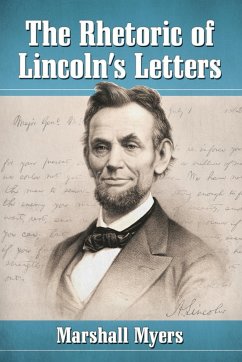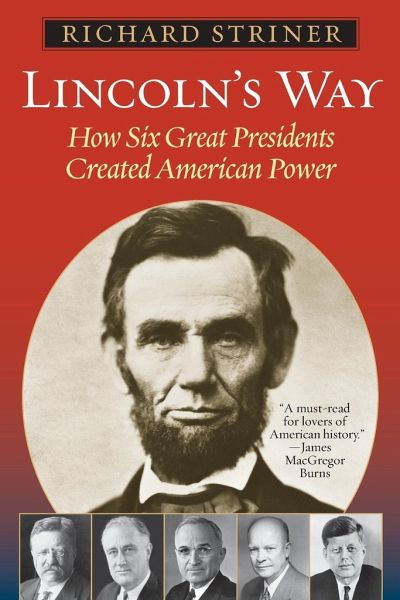
Lincoln's Way
How Six Great Presidents Created American Power
Versandkostenfrei!
Versandfertig in über 4 Wochen
15,99 €
inkl. MwSt.
Weitere Ausgaben:

PAYBACK Punkte
8 °P sammeln!
Lincoln's Way details the long and important historical trend that spanned six great presidencies. Striner argues that Lincoln took the young nation that the Founders created and positioned it for global power. Lincoln unleashed a potential in American life that would make the young republic a world colossus over time. Lincoln consolidated assets and borrowed wisdom from the left and right. Using the vast power of our federal government, he created a political tradition that would influence the twentieth century—a tradition that spread to both parties. It is the story of an apostolic success...
Lincoln's Way details the long and important historical trend that spanned six great presidencies. Striner argues that Lincoln took the young nation that the Founders created and positioned it for global power. Lincoln unleashed a potential in American life that would make the young republic a world colossus over time. Lincoln consolidated assets and borrowed wisdom from the left and right. Using the vast power of our federal government, he created a political tradition that would influence the twentieth century—a tradition that spread to both parties. It is the story of an apostolic succession that moved from Lincoln to Theodore Roosevelt to Franklin Delano Roosevelt, who passed it on to Harry Truman, Dwight D. Eisenhower, and John F. Kennedy.




